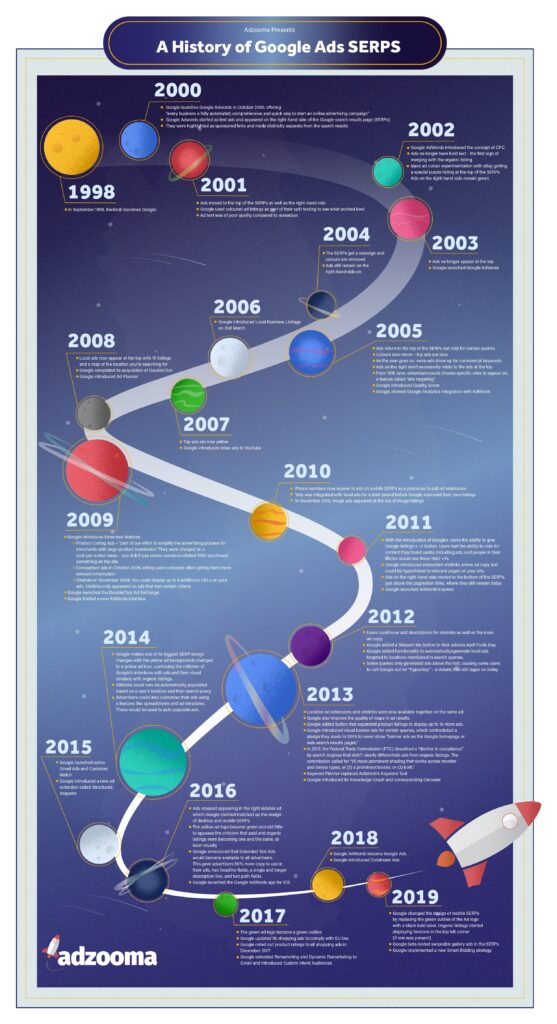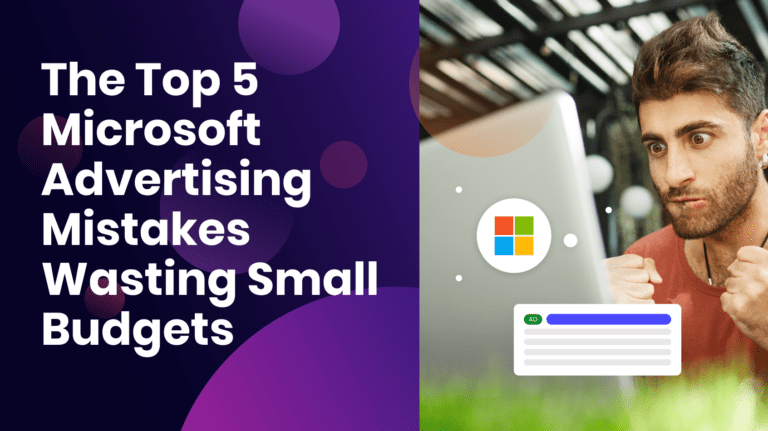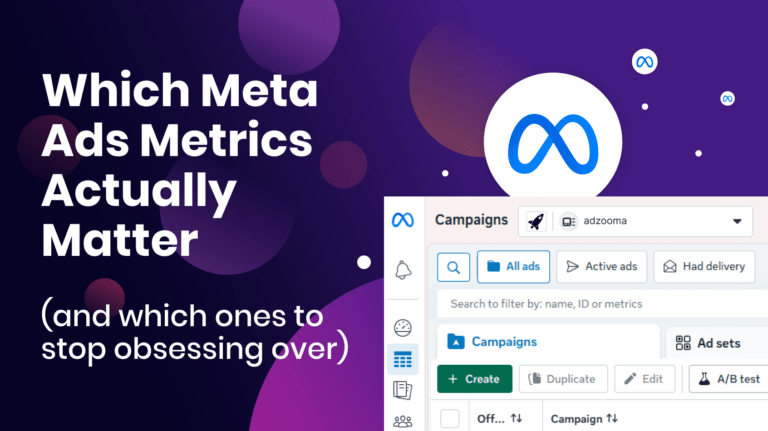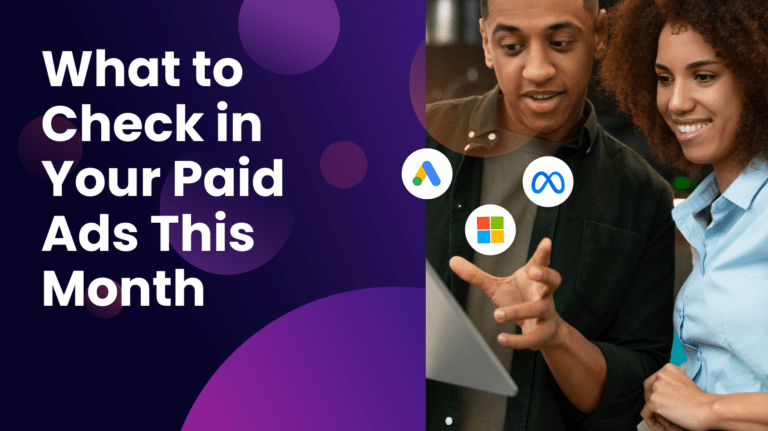2020 has been a pretty tough year all round and tech companies have not been exempt. Earlier this year, Facebook came under the firing line after admitting it harvested data for ‘up to 87 million’ users.
Google is now the latest to go under the microscope, with the US government announcing last week that they were suing the company for harming competition and monopolising the search market. Just in time for the 20th birthday of Google Ads.
It’s the biggest antitrust case towards a tech company in the last two decades. What happens next may change Google’s future – for better, or for worse.
So, with Google being sued, how trustworthy do users find Google and what are their opinions on their advertising?
You’re about to find out, as we surveyed 662 people to get the answers.
The full results of the study are as follows (click the infographic for the full high-res version):
59.7% of people think Google is trustworthy
“Google Ads, especially on YouTube, are literally harassment with extra steps. If there were other options out there I would stop using YouTube”.
When asked how trustworthy people thought Google was as a company:
- 19% of people said Google was untrustworthy
- 31.3% of people remained neutral
- 59.7% of people thought the company was trustworthy
Although the majority of respondents viewed Google as trustworthy, nearly a fifth of them didn’t agree. That’s a lot for the world’s biggest search engine.
One of the big concerns with Google was how they used their data for personalised adverts, stating:
“They feel intrusive. It feels like they are blatantly selling my search information without regard to privacy”.
“Personalized ads are an invasion of privacy, especially if the person has not willingly opted in. Google should make it easier for people to turn off personalized ads”
A personal favourite of mine was the simple statement “Stop listening to my thoughts”. It really does feel that way sometimes.

“Make em’ f#cking obvious”
“I do not like them being at the top of my search results, looking like any other search result at first glance. They should have their own spot.”
When asked if they knew where ads are normally placed in a Google search page:
- 74.7% of respondents said they did, but intentionally don’t click them
- 15.3% of respondents said they did and clicked them
- 10% of respondents said they didn’t know where they were placed.
In 2018, research found that 60% of people didn’t recognise Google Ads, showing a massive increase in visibility over the years.
In addition, 67.7% of respondents said that paid ads are very visible to them, making it easy to make a distinction.
However, some users felt as if the adverts, particularly on search pages, blended too well into the page and want a better distinction between adverts and organic results. One user said that the lack of distinction between the organic and paid search results made them “feel like I have been tricked” if they clicked on an advert.
But the absolute best response was from a user who said: “Flag em’. Make em’ f#cking obvious. They should get a big fat f#cking red letter ‘A’ emblazoned on em’ like Demi Moore in that f#cking movie”.
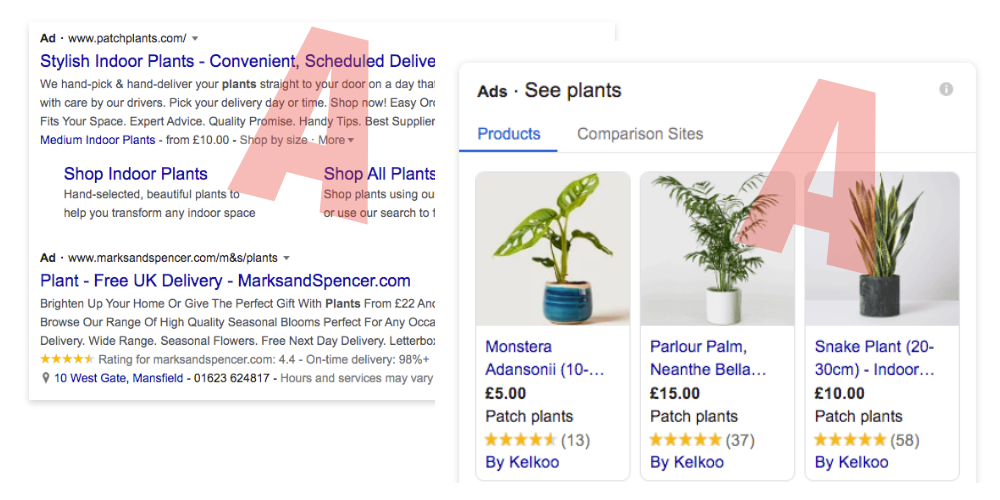
If that reference goes past your head, they’re talking about Demi Moore in the 1995 film The Scarlet Letter, a very loose adaptation of the literary classic that was once reviewed as “the worst film ever made”.
It’s a powerful statement that shows that paid advertising subtly on the SERPs doesn’t work for everyone, despite Google slowly changing its design that way over the past 20 years, as this infographic shows.
Over 40% of people see harmful advertising
Among the articles making the news about Google allowing adverts for fake financial companies to run, or advertising ‘anti-coronavirus’ products, we asked participants how often they’ve seen paid ads they would describe as harmful.
- 14.7% of people said they often saw harmful adverts
- 26.8% of people said they sometimes saw harmful adverts
- 58.6% of people said they rarely or never saw harmful adverts
That’s good news for the 58.6%, but it does mean that nearly half our respondents are regularly exposed to harmful adverts.
One respondent gave a specific example of being targeted pornographic adverts because of his interest in anime, stating:
“Stop giving me ads for porn comics just because I like Anime. I poke around on anime articles every once in awhile just to stay updated like CBR.com, but it just leads to a lot of odd ads everywhere else I go. One-click and I already look like a pervert. I mean, at least hide it down lower or something, I get bored when in public and I don’t want odd glances just because I was looking at a Dragonball poster.”
If you’re interested in Google’s guidelines on this, the following are actually allowed to show as long as the user doesn’t have safe search enabled. If you’ve got kids who like anime, I’d suggest getting this turned on to avoid them getting targeted with the same content.
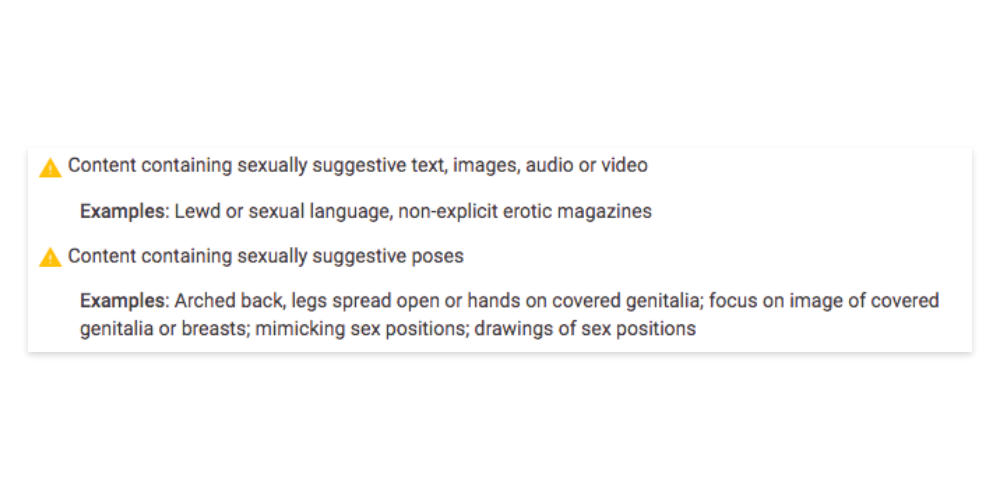
Tricking users to click ads
When asked if they think Google tricks people to click on more paid ads, 77.2% of respondents said yes.
One such trick is that the loading times of the adverts themselves mean users ‘accidentally’ click on them by mistake. One user wrote that “as a search page loads, the ad link suddenly moves down beneath my cursor and I click it unwillingly.”
Or, as this angrier respondent put it: “APPEAR AT THE SAME TIME AS THE REST, I CLICKED ON THEM BY MISTAKE SEVERAL TIMES”. Got to love an all-caps answer.
Other respondents listed a lack of visibility as being “tricked” into clicking adverts, again calling for a better distinction between paid and organic search results.

What’s next for Google & it’s users?
It’s still very early days for Google’s lawsuit. But, as a much bigger case than what Facebook was subjected to, it’s likely to have a massive impact on the company going forward.
Right now, 19% of people find Google to be untrustworthy and 77% of them believe they employ tricks to get people to click on the ads.
After the lawsuit, these numbers may increase, causing more and more users to leave the platform for alternatives. That’s great news for search engines like Microsoft Advertising or DuckDuckGo, who will be waiting in the wings to pick up these users and benefit from Google’s downfall.
One thing we can learn is that there’s no better time to diversify your advertising and make sure all your eggs aren’t in Google’s basket.
Methodology
Data collected from 662 anonymous responses via SurveySwap.io. Because of Adzooma’s partnership with Google and position within the advertising industry, this survey was not sent to any employees, clients, affiliated companies or persons associated with Adzooma.
A demographic breakdown of the survey respondents is as follows:
- 47.3% of respondents are aged between 18-24
- 40.4% of respondents are aged between 25-34
- 8.5% of respondents are aged between 35-44
- 3.2% of respondents are aged between 45-54
- 0.5% of respondents are aged between 55-64
All comments used in this article are from the respondents. To retain anonymity, no other demographic information was collected for this survey.



